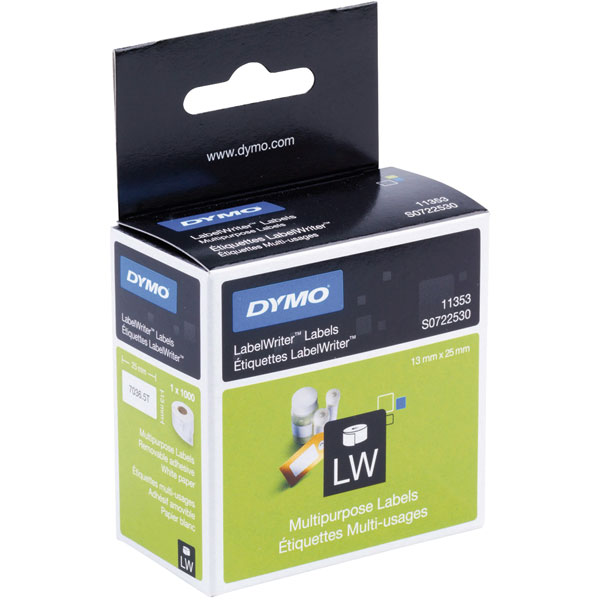40 is country of origin required on labels
Country of Origin Labeling Requirements - BOA Logistics Customs regulations require that every foreign product entering the U.S. must be labeled in English, with the country of origin. The markings must be "clearly and visibly located on the product" and "written legibly and permanently." There are exceptions though! Products not intended for resale Incapable of being marked (ex: extremely small) What Is Country of Origin Labeling? An Overview According to U.S. Customs and Border Protection (CBP), every article of foreign origin entering the U.S. must be legibly marked with the English name of the country of origin, unless an exception from marking is provided in the law. The country of origin is defined as the country of manufacture, production or growth of an article.
Country of Origin: Labeling, Marking and Declaring U.S. Imports As we shall see below, determination of country of origin can be geared towards (1) marking and (2) declaration purposes. It is possible to be legally required to mark a product as "Made in Country A," while declaring to Customs that the product is of country's B origin in order to take advantage of the preferential trade agreement.

Is country of origin required on labels
CPG Sec. 560.200 Country of Origin Labeling - FDA CPG Sec. 560.200 Country of Origin Labeling BACKGROUND: A statement of the country of origin on the labeling of imported foods is not required by the Federal Food, Drug, & Cosmetic Act. This is a... eCFR :: 19 CFR Part 134 -- Country of Origin Marking Any intentional removal, defacement, destruction, or alteration of a marking of the country of origin required by section 304, Tariff Act of 1930, as amended ( 19 U.S.C. 1304 ), and this part in order to conceal this information may result in criminal penalties of up to $5,000 and/or imprisonment for 1 year, as provided in 19 U.S.C. 1304 (h). Country of Origin Labeling (COOL) | Agricultural Marketing Service Country of Origin Labeling (COOL) is a labeling law that requires retailers, such as full-line grocery stores, supermarkets and club warehouse stores, to notify their customers with information regarding the source of certain foods.
Is country of origin required on labels. Country of Origin Labeling (COOL) Frequently Asked Questions Country of Origin Labeling (COOL) is a consumer labeling law that requires retailers (most grocery stores and supermarkets) to identify the country of origin on certain foods referred to as "covered commodities". Threading Your Way Through the Labeling Requirements Under the Textile ... The labeling requirements do not apply until the products are ready for sale to consumers. Items shipped or delivered in an intermediate stage of production and not labeled with the required information must include an invoice disclosing the fiber, country of origin, manufacturer or dealer identity, and the name and address of the person or company issuing the invoice. 6 If the manufacturing ... European Union Product Labeling Requirements: A Complete Guide No, country of origin labeling is generally not required in the European Union. That said, many products sold in the European Union still carry a country of origin label (e.g. Made in China) as this is a requirement in many other countries, including the United States. PDF Country of Origin Labeling name of the country of origin of the article. Country of origin marking is used to clearly indicate to the ultimate purchaser of a product where the product was made. The USDA, Agricultural Marketing Service (AMS) is responsible for enforcement of the Country of Origin Labeling (COOL) law which establishes labeling requirements for specific covered
Origin Labeling Requirements for Imported Commodities Passed Tuesday, June 15, 2021 We have previously reported on proposed Senate legislation that would require country of origin labeling (COOL) for imported commodities sold online. On June 8, 2021, the... Country of Origin and Marking - Neville Peterson LLP Answer: Section 304 of the Tariff Act of 1930, as amended [19 U.S.C. § 1304] requires that, unless excepted, all articles of foreign origin, (or their containers) must be marked permanently, legibly and in a conspicuous place, so as to inform an ultimate purchaser in the United States of the English name of the article's country of origin. PDF Country of Origin Labelling Requirements - Comparative Research and ... • different and multiple requirements for an indication of origin: - commercial invoice (and further supportive documentation) - customs import declaration (and further import documents like permits) - certificate of (non-preferential) origin (coo) - proof of preferential origin - origin labelling (and marking) - voluntary labelling as a free … Country of Origin Labels are required On Certain Foods Your one-stop label solutions for custom or in stock supermarket labels and food prep labels. Top Rated Supermarket labels and Food and Beverage Labels, Meat and Seafood Labels, Bakery Labels, Deli Labels, Produce Labels, Country of Origin Labels, Promotional Labels, Gold Foil Labels, Short Oval Labels and more.
A Brief History and Overview of Country of Origin Labeling Requirements Country of Origin Labeling (COOL) laws and regulations require retailers to notify their customers of the country of origin of covered commodities, which include beef, veal, lamb, chicken, fish and shellfish, goat, pork, perishable agricultural commodities, macadamia nuts, pecans, ginseng, and peanuts. EU - Labeling/Marking Requirements The first step in investigating the marking, labeling, and packaging legislation that might apply to a product entering the European Union is to draw a distinction between what is mandatory and what is voluntary. Decisions related to mandatory marking, labeling, or packaging requirements may sometimes be left up to individual Member States. Mandatory country-of-origin labeling (US) - Wikipedia Country of origin labeling (COOL) (or mCOOL [ m for mandatory]) is a requirement signed into American law under Title X of the Farm Security and Rural Investment Act of 2002 (also known as the 2002 Farm Bill), codified at 7 U.S.C. § 1638a as Notice of country of origin. South Korea - Labeling/Marking Requirements Details regarding these and other general labeling and marking requirements can be found on the Foreign Agricultural Service website pertaining to food and agriculture import requirements at FAIRS Country Report. Country of origin labeling is required for commercial shipments entering Korea.
Product Labeling Regulations in the US, EU and Australia Warning labels and user instructions. Some labeling requirements apply to all, or a wide range of, product categories. For example, all products in the US must be labelled with the country of origin (i.e., Made in China). In the European Union, many products must be CE marked. Other labeling requirements apply to specific products.
Q&A: Country of Origin Labeling - Senator Chuck Grassley The Country of Origin Labeling Act (COOL) of 2002 required the USDA's Agricultural Marketing Service to implement new food labeling requirements for retail-ready commodities that would allow consumers to know where their food comes from and give producers an opportunity to promote food made here in the U.S.A.
Country of Origin Marking Requirements | Keller and Heckman Under the Tariff Act of 1930, every article of foreign origin (or its container) imported into the U.S., unless exempted, must be marked in a manner that will indicate to the ultimate purchaser the article's country of origin. For example, goods originating in China must be marked, "Made in China" or "Product of China."


Post a Comment for "40 is country of origin required on labels"